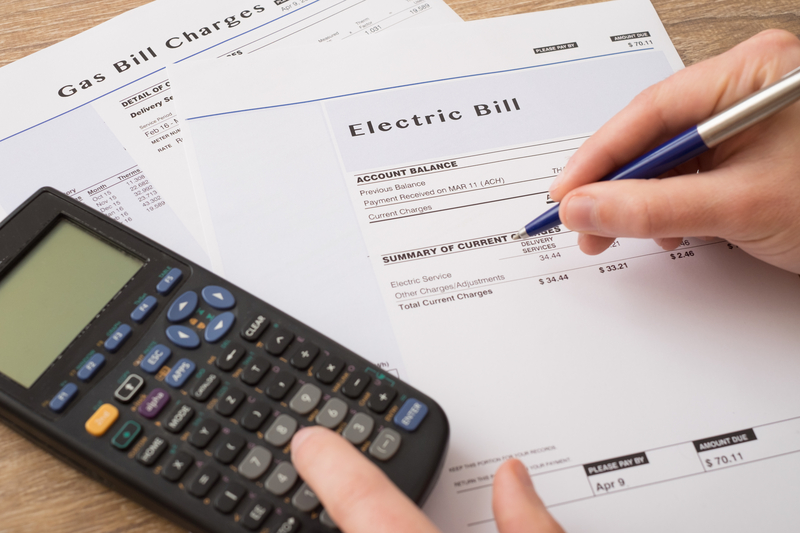As you enter retirement, managing your finances becomes even more crucial. One area where you can make significant savings is by reducing your utility bills. With a few simple strategies, you can lower your energy costs and keep more money in your pocket. Here are three key ways to reduce utility bills in retirement.
Conserve Energy
One of the most effective ways to reduce utility bills in retirement is by conserving energy. Implementing energy-saving habits can make a noticeable difference in your monthly expenses. Start by being mindful of your energy usage. Turn off lights and unplug electronics when they are not in use. Adjust your thermostat to a comfortable but energy-efficient temperature. Consider using natural light during the day instead of relying on artificial lighting. Use ceiling fans or portable fans to cool down rooms instead of running the air conditioner constantly. These small adjustments can add up to significant savings over time. By conserving energy, you not only reduce your utility bills but also contribute to a more sustainable lifestyle.
Make Energy-Efficient Upgrades
Another effective strategy to reduce energy bills in retirement is to make energy-efficient upgrades to your home. Start by assessing the efficiency of your appliances. Older models tend to consume more energy, so consider replacing them with energy-efficient alternatives. Look for appliances with the ENERGY STAR label, as they meet strict energy efficiency guidelines. Consider upgrading your lighting to LED bulbs, which use significantly less energy and have a longer lifespan.
Consider installing energy-efficient blinds or window coverings. Blinds can offer greater privacy and energy efficiency for your home. They can help regulate temperature by providing insulation and reducing heat gain or loss. By making these energy-efficient upgrades, you can reduce energy consumption and lower your utility bills in the long run.
Downsize
Downsizing your living space can have a significant impact on your utility bills. A smaller home requires less energy to heat, cool, and maintain. Consider whether your current home is larger than what you truly need in retirement. Moving to a smaller, more energy-efficient home can result in substantial savings.
Downsizing allows you to declutter and simplify your life, reducing the amount of time and effort spent on home maintenance. If downsizing to a new home is not feasible, consider downsizing your belongings and optimizing your current space. Minimizing the use of extra rooms or unused areas can lead to energy savings by reducing the need for heating, cooling, and lighting in those spaces.
Reducing utility bills in retirement is an important aspect of managing your finances effectively. By conserving energy, making energy-efficient upgrades, and considering downsizing, you can significantly lower your monthly utility expenses. These strategies not only help you save money but also contribute to a more environmentally friendly lifestyle. As you enjoy your retirement years, implementing these energy-saving practices can provide financial peace of mind and a greater sense of sustainability. Take control of your utility bills and embrace a more efficient and cost-effective approach to energy consumption.
Did you enjoy reading this article? Here’s more to read. What to Do When Moving in Senior Loved Ones


